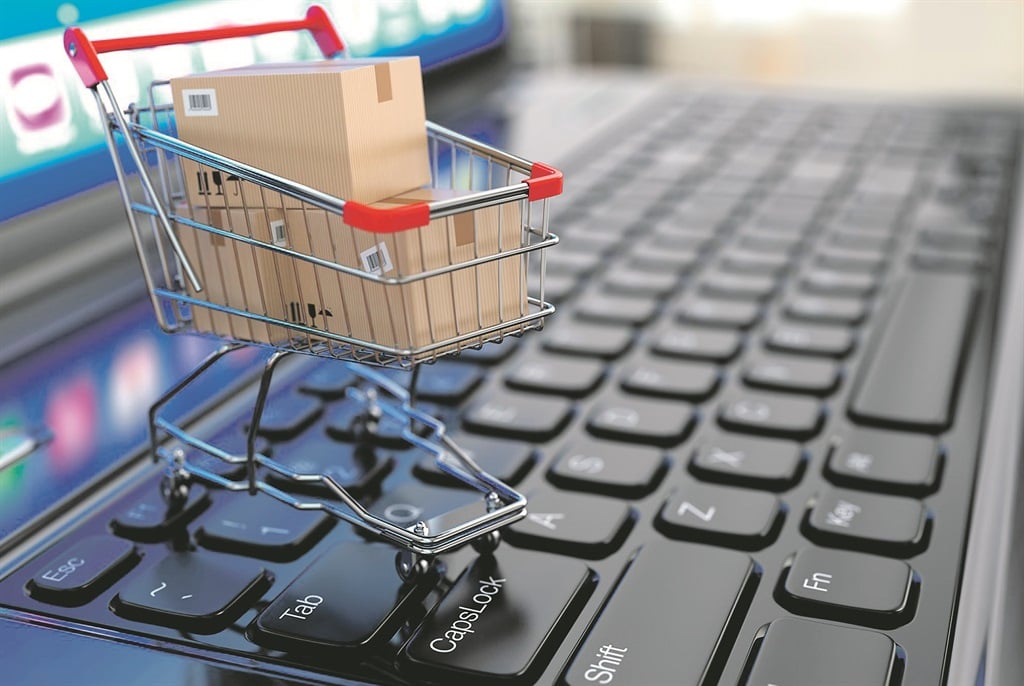
In the freelance world, PayPal provides a way for South African service providers to be paid by international clients. Though the fees are not insignificant, it is the least expensive and most effective way to get paid.
The real growth in PayPal, however, is in the online shopping space. While you may be comfortable entering your credit card details on to a globally recognised website such as amazon.com, how many people want to hand over their account details to a website they are not familiar with?
A friend recently bought a pair of sunglasses online from Hong Kong. She fretted from the minute she made her payment to the day she received the goods. Firstly, she worried about the level of security on the website after entering her credit card details. The website had active security measures, but this didn’t give her complete comfort.
She then worried that the company wouldn’t deliver the goods and was scared the sunglasses wouldn’t suit her after all.
I have to confess that until recently, I had not really investigated PayPal as a means of online transacting, mostly because I generally only shop on Amazon. But after speaking to Efi Dahan, PayPal’s regional director for Europe, the Middle East and Africa, I realised that PayPal would have allayed all of my friend’s fears.
Dahan says there are more than 10 million merchants in 203 countries that accept PayPal payments.
As a shopper, you can open a PayPal account (paypal.com/za) and either top up money from your regular bank account into your PayPal wallet (a bit like a prepaid debit card), or you can link your credit card to the PayPal account, which then pulls the money from your credit card when you do an online transaction.
As the purchaser, you pay no fees to PayPal – the merchant is charged for the transaction, which is the same way credit card fees work in South Africa.
There is also no monthly fee for holding a PayPal account. The money does, however, have to be converted into the foreign currency before being paid into your PayPal account, and your bank will most likely charge a conversion fee of about 2%. This would be in line with a foreign currency conversion fee on your credit card.
The funds are then transferred from your PayPal account to the merchant’s PayPal account and the merchant has no access to any of your personal banking details, so there is no risk of credit card fraud.
My friend would already have felt better about her purchase if she’d used this payment medium, but then I found out that PayPal also undertakes to ask for a refund if the merchant fails to deliver the goods.
Dahan says that PayPal has a dispute resolution service, so if a customer has not received the goods or service, or the goods that arrived were not as they were described by the merchant, they can lodge a dispute with PayPal up to 180 days after the transaction took place.
PayPal will follow up with the seller and demand the money back. Credit cards backed by Visa, MasterCard and American Express offer the same service, but the process could take longer.
As PayPal is in effect a closed system, it can simply remove a merchant who is not acting ethically. Again, my friend would have slept better knowing that there would have been at least some recourse if her sunglasses had not arrived.
For me, the real draw card of using this medium rather than a credit card is PayPal’s free shipping service for returned items. If the merchant has a refund policy, PayPal will pay for the shipping costs of returning the item of up to $30 (R480) for 12 returns a year. So if my friend hated the sunglasses, she could have simply posted them back for free and would have got back the money she paid for them.
Here, however, is where it can get more complicated. While you can open a PayPal account directly through the PayPal website, to withdraw funds from a local bank, you have to open a profile with FNB. FNB will then pay the funds from your PayPal account to either your FNB bank account or non-FNB account for a 1.5% fee.
This has to do with exchange control regulation, which states that you cannot hold money paid to you in foreign currency for more than 30 days. You also cannot use foreign currency that has been paid into your PayPal account by a foreigner to pay to another PayPal user – you have to convert that payment to rands within 30 days.
If you are a customer of FNB, it is a fairly simple matter of linking your PayPal account to your FNB account. If, however, you bank with another lender, you will have to follow a full Fica process to verify your identity and banking details. Another friend who was trying to receive a deposit back for a holiday apartment complained that it took about a week to get the FNB profile operational because of all the red tape.
If you are being paid for something via PayPal, it is still costly to receive money in rands. While there are no fees when you make a purchase using your PayPal account, there are fees to receive money. PayPal charges on a sliding scale from 3.4% to 2.5% (plus a flat fee of $0.30) on money paid into your PayPal account.
Add that to the FNB charge of 1.5%, and you will have paid about 4.9% in fees on any money you receive from abroad.




 Publications
Publications
 Partners
Partners








